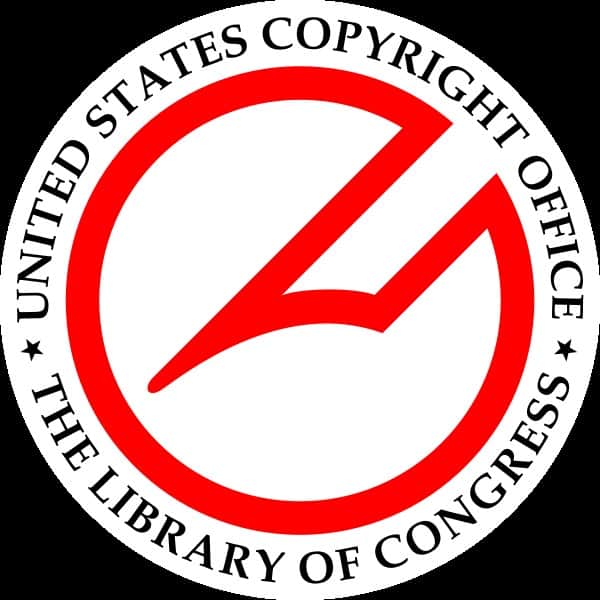Small business owners frequently post questions like this one on websites for people seeking legal help:
My company used a photo we found on the Internet on our website and in social media. We just got a demand letter from a licensing company saying we infringed the copyright. They’re asking for an exorbitant amount of money. Do we have to pay it?
The short answer is:
- IF the photo is protected by copyright, and
- IF it was really on your website or in a social media post you created (rather than just shared), and
- IF the company that sent the demand letter really has the right to license it, then
- you will likely end up paying for infringement — either in response to the letter or after the matter goes to court
The fact that you didn’t know that the photo was protected by copyright isn’t an excuse, though “innocent” infringement will generally lead to lower damages than “willful” infringement.
Some cases of photo-related copyright infringement have even made the national news.
For example, when a tweet by Donald Trump, Jr. included a picture of a bowl of Skittles (that he likened to refugees), the photographer (a refugee himself) filed a copyright infringement suit in federal court in Chicago.
The photographer had posted the photo to his Flickr account with an “all rights reserved” annotation.
Earlier this year, Fox News settled a dispute over its host’s use of the iconic (and copyrighted) photo “Raising the Flag at Ground Zero” in her Facebook feed.
Of course, social media is all about sharing, and certain types of sharing are entirely appropriate (and permitted under the social media sites’ terms of use).
Sharing something that someone else has posted on a social media platform, by clicking the “share” or “retweet” button, isn’t copyright infringement because the original posters of the material gave you (and everyone else) permission to do so when they uploaded it.
But problems arise when people find photos on the internet, fail to check whether they can be freely used, and then include those photos on their websites and in their social media posts.
There are many sources of photos that can be legally used in posts and on websites.
For example, people can pay a fee to licensing organizations like Getty Images.
The Creative Commons website provides free searches of images that can be shared, used, and remixed, including for commercial purposes, for free. However, in many cases the image must be attributed to the original photographer or artist (as we have done above).
With so much free and legal content available, there’s really no excuse for using photos in a way that infringes copyright law.
Any demand letter claiming copyright infringement should be taken seriously, and it’s a good idea to seek the help of an intellectual property lawyer.


